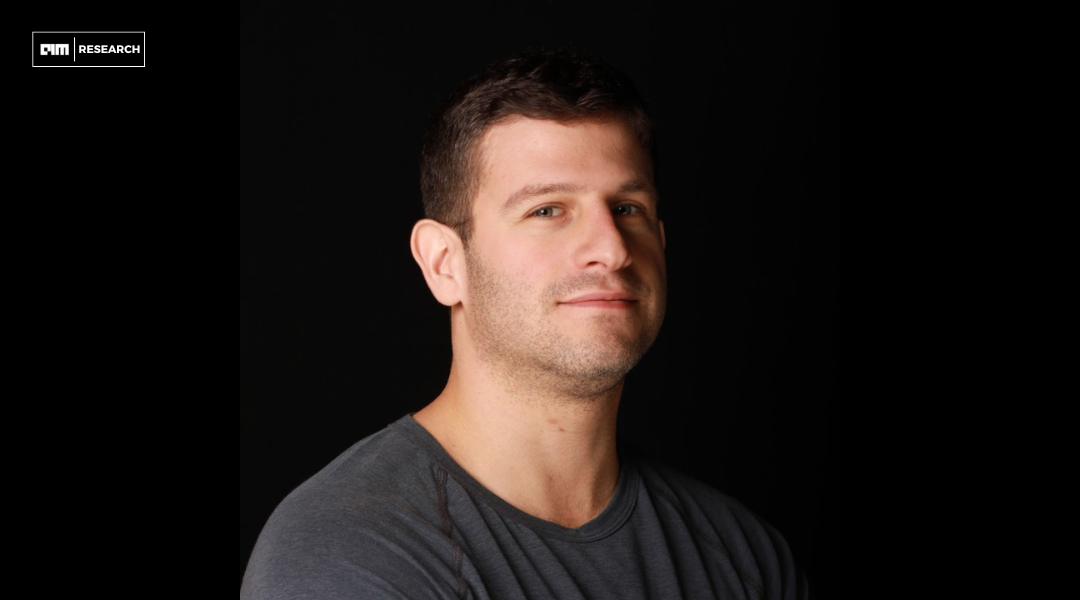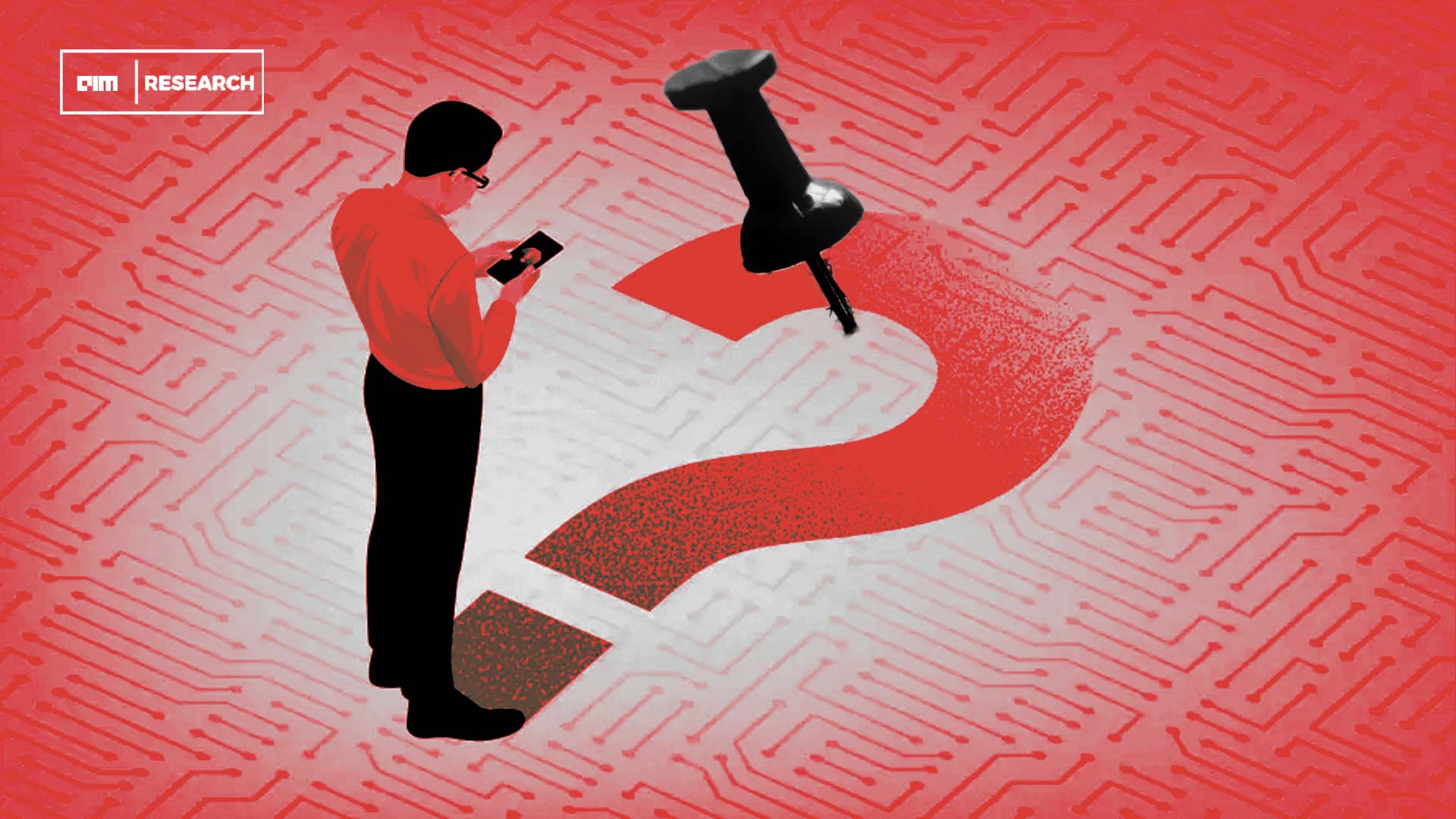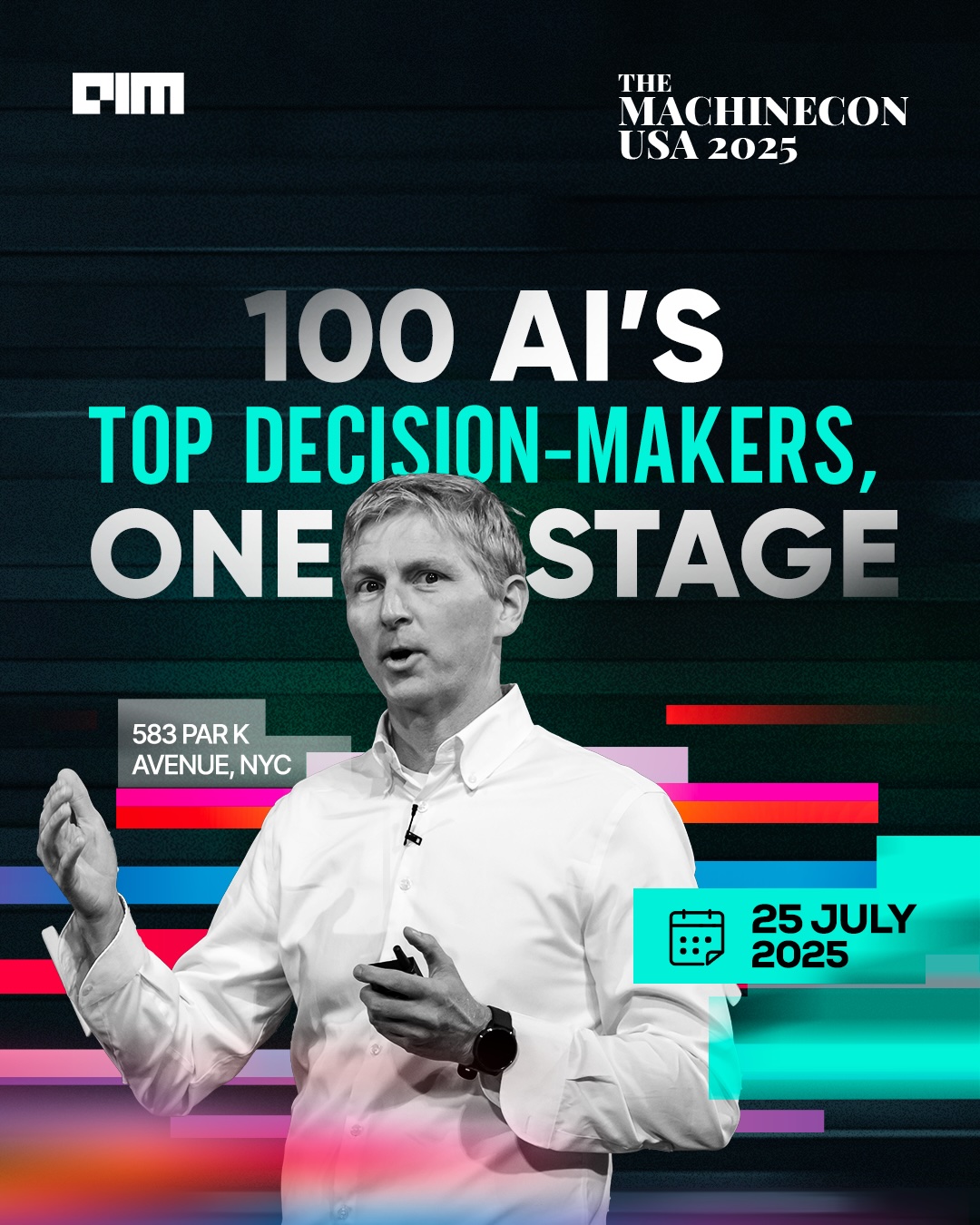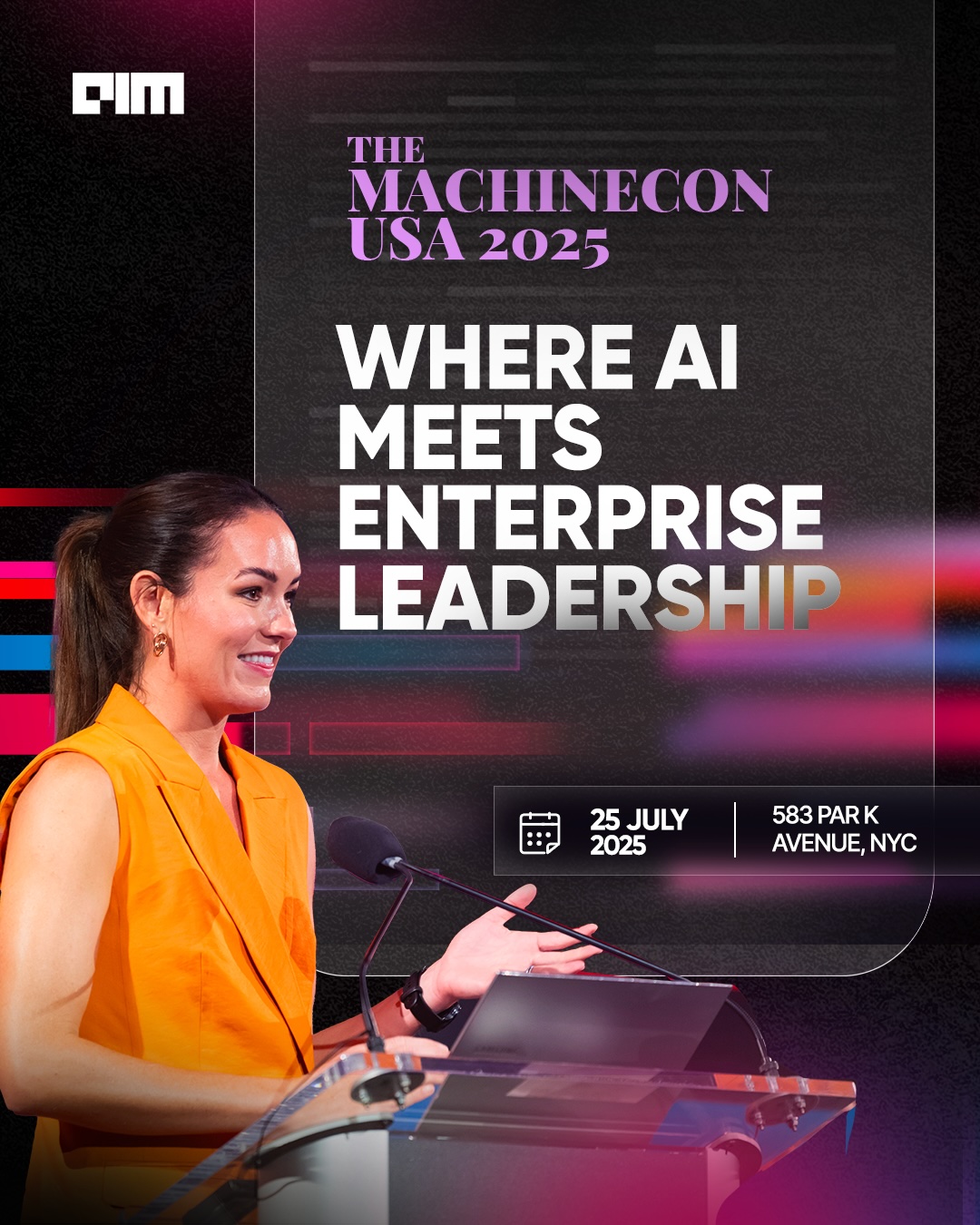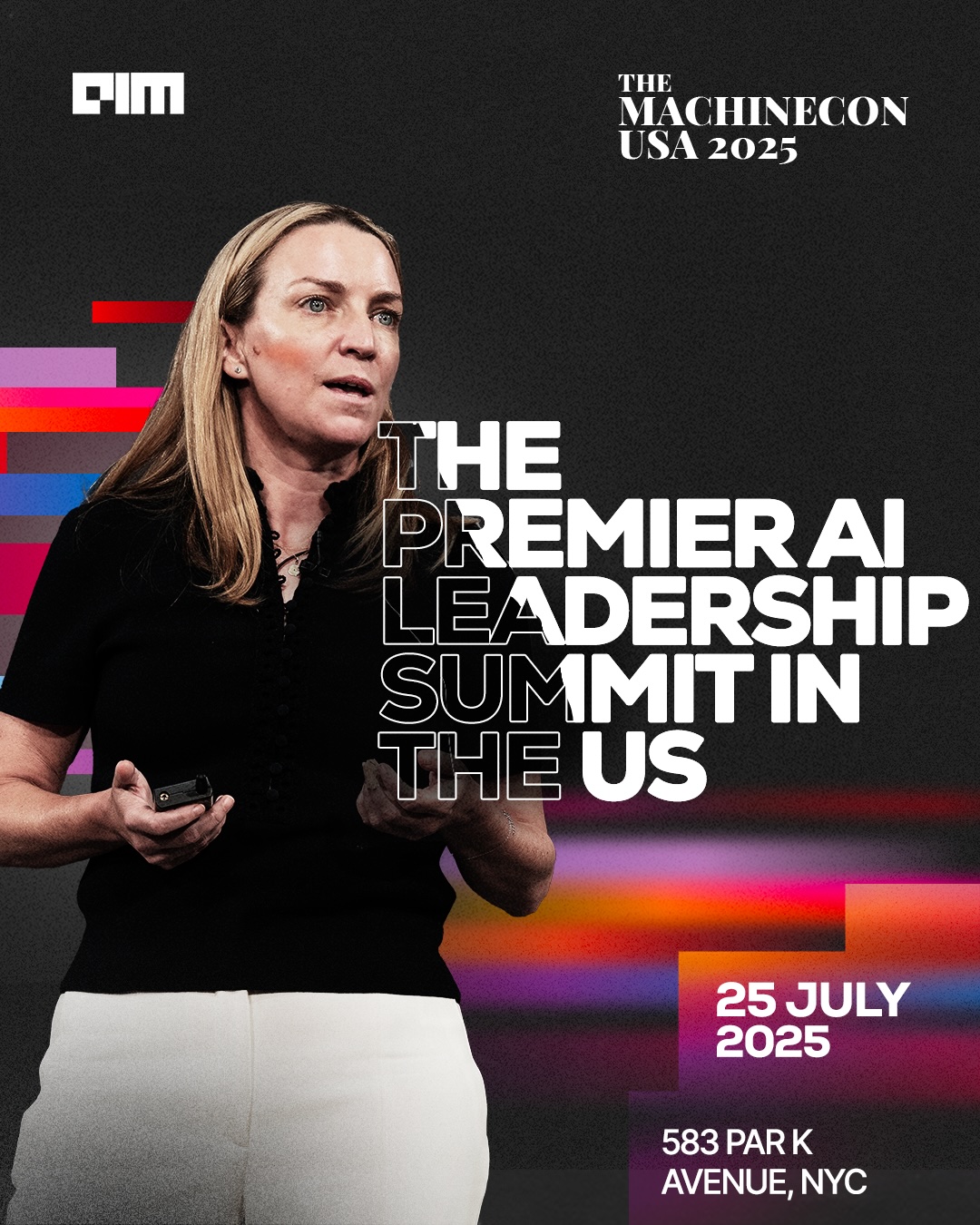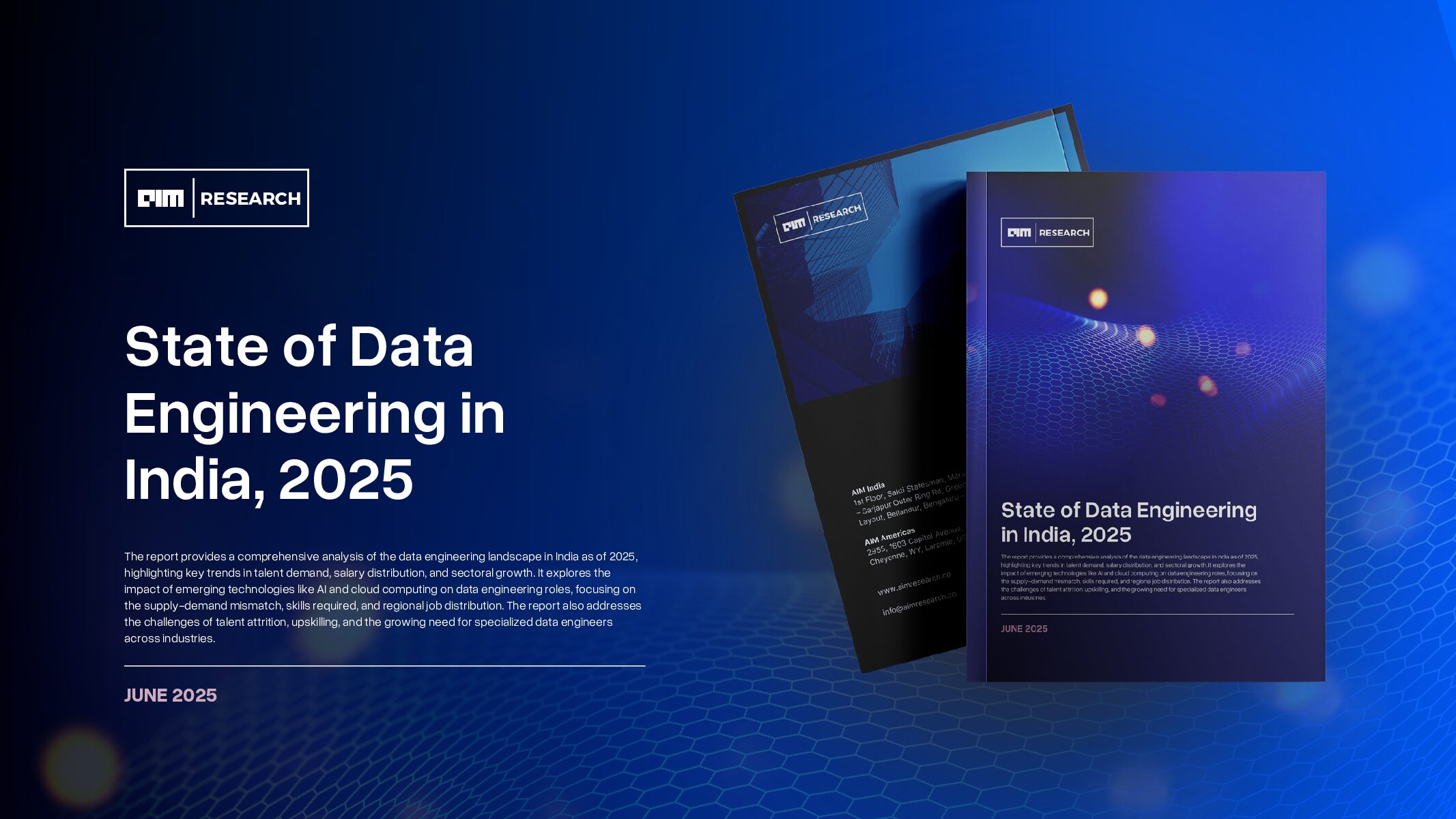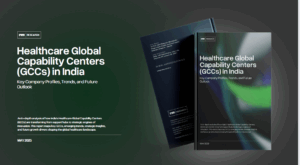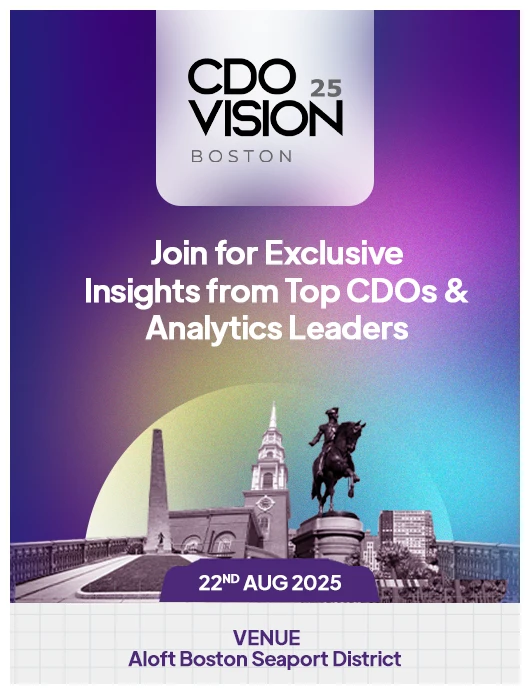It’s ironic that non-living, non-human helpers (read: AI Agents) can do so much in the way of saving human lives, but that is the reality that we are increasingly coming to terms with.
Josh Weiner, senior vice president of consumer engagement and analytics at CVS Health, joined the Me, Myself, and AI podcast to share how his personal experiences have shaped his mission to improve healthcare for millions, and how AI is helping CVS Health achieve that goal.
“Health care is deeply personal to me,” Weiner began. “I was born with a rare genetic condition, and…I’ve dealt firsthand with challenges: cost, navigation, medical history. That’s why I’ve dedicated my career to improving affordability and accessibility in healthcare.”
Personalized Care Through AI Agents
CVS Health’s AI strategy is personalization moving away from one-size-fits-all care plans toward individualized guidance. Historically, personalization in healthcare was limited by issues like time, and cost. Josh says AI is changing that.
“With AI, we can now make the most of our longitudinal set of unstructured health data…to say, ‘Here’s what a personalized goal might look like based on how you are actually progressing on a day-to-day basis,’” said Weiner.
These AI-powered “personal health agents” analyze a patient’s EMRs, lab results, wearable data, and more to adjust care plans. The agents can potentially help someone stay on track with medications and by recommending new screenings.
Connected Care to Bridge Silos
Another area of focus is connected care. The healthcare system remains notoriously siloed, making coordination between providers, pharmacists, and care managers difficult. AI agents can help with breaking down these silos. “We have all these subsidiaries with different clinical platforms, different data structures,” Weiner explained. “AI agents present an opportunity to interpret unstructured data…in a way that was previously extremely costly.”
Internally, CVS has used these technologies to build a more complete view of patients: What Weiner refers to as a “Customer 360.”. He believes these same AI models can overcome industry-wide interoperability barriers and help with communication between different provider systems.
Scaling Preventative Care
CVS is also using AI to support preventative care, encouraging patients to get vaccines, schedule screenings, or maintaining healthy habits before major issues arise. These tasks used to be managed by human care teams, but scale was limited.
“AI presents an opportunity not only to do it for everyone but to also develop more personalized care plans,” said Weiner. “We’re giving humans superpowers.” By tasks, CVS is enabling its clinical teams to engage more patients with greater efficiency.
Making Healthcare More Accessible to Patients
Perhaps the most transformative use of AI at CVS Health is improving accessibility. One example is using AI to serve Medicaid patients more effectively, through intelligent translation. “Translation is one of the most beautiful and successful use cases we’ve seen to date,” Weiner noted. “We ingest language meant for clinicians…and translate it to something that makes sense for a consumer, an X-ray of what’s being shared in plain English.”
Another area of future impact is mental health. Weiner highlighted emerging studies showing that AI-powered therapists are approaching clinical parity with human therapists. “I expect in the next two or three years, everyone can have their own AI therapist in their pocket. Incredibly affordable. Always available. That’s not today, that’s hopefully tomorrow.”
Finally, Addressing the Need for Testing and Integration
Despite the promise of AI, Weiner was clear-eyed about the need for rigorous governance and ethical deployment. Building trust is paramount. “We’re putting in quite a bit of process and governance to make sure that we’re extremely rigorous in how we test, how we codesign these experiences, and how we measure accuracy and effectiveness.”
He also addressed a common concern: competing AI agents from different healthcare stakeholders. His ideal scenario is a cooperative ecosystem where consumer-friendly AI agents, like those from major operating systems, are empowered by healthcare-focused models developed by companies like CVS.
“I don’t think any of us want a world with 20 different agents from every company. We’re focused on integrating our agents with your real agent, the one that knows you and works for you.”
Weiner sees AI not as a replacement for people, but as a tool that augments human potential: “We’re giving humans superpowers… With AI, we can make healthcare more personal, connected, preventative, and accessible, for everyone.”

